Posted In: NewsSPACETop StoriesGeneralmobilitySpaceXSpaceX StarshipStarship
View More Top Stories
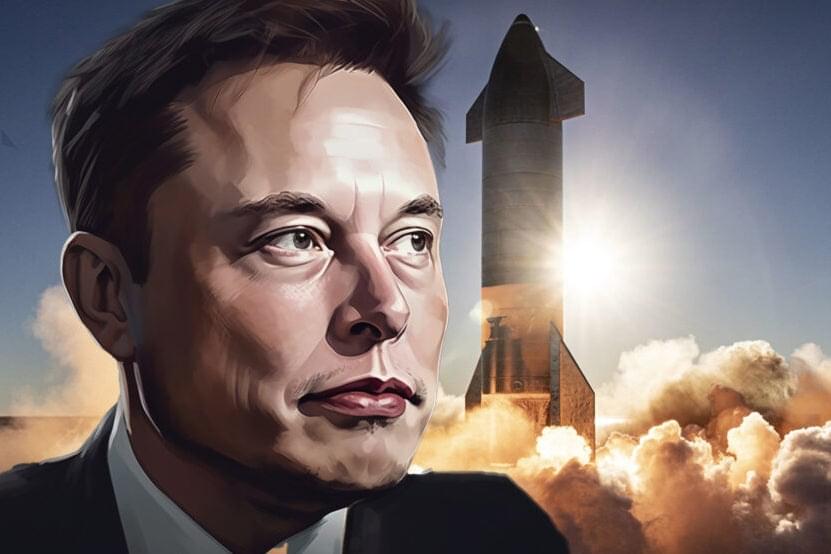
Elon Musk has again decided to share a timeline about Tesla’s self-driving effort – again claiming it will achieve “full self-driving” by the end of the year.
But this time, the CEO has mentioned “level 4 or 5” self-driving. However, it’s not clear if he knows what that means.
Over the years, Musk has claimed that Tesla was on the verge of achieving “full self-driving capability” so often that it is hard to believe him now.
Elon Musk will not sit aside while Meta’s new killer app Threads amasses tens of millions of users. A potential legal battle looms.
Twitter is considering sueing Meta over “systematic, willful, and unlawful misappropriation of Twitter’s trade secrets and other intellectual property,” a leaked letter by Musk’s lawyer Alex Spiro reveals.
“Competition is fine, cheating is not,” Elon Musk tweeted.
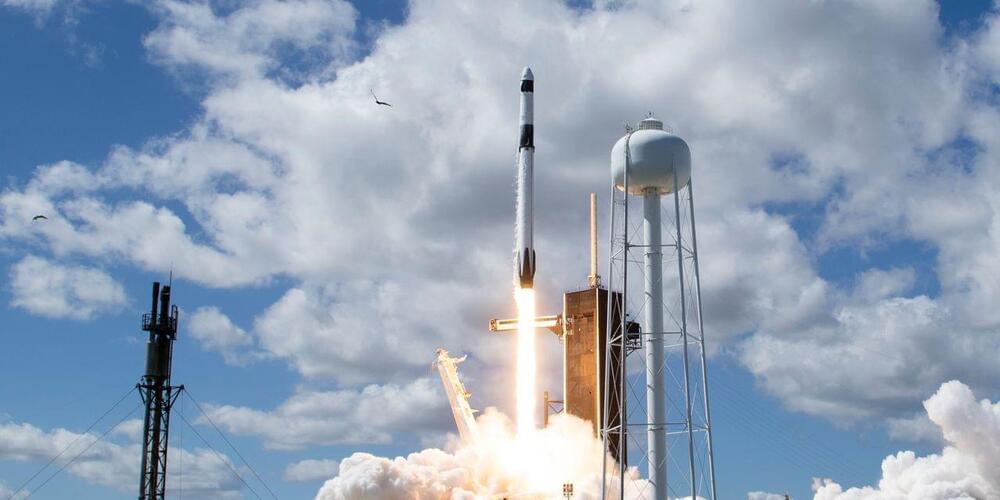
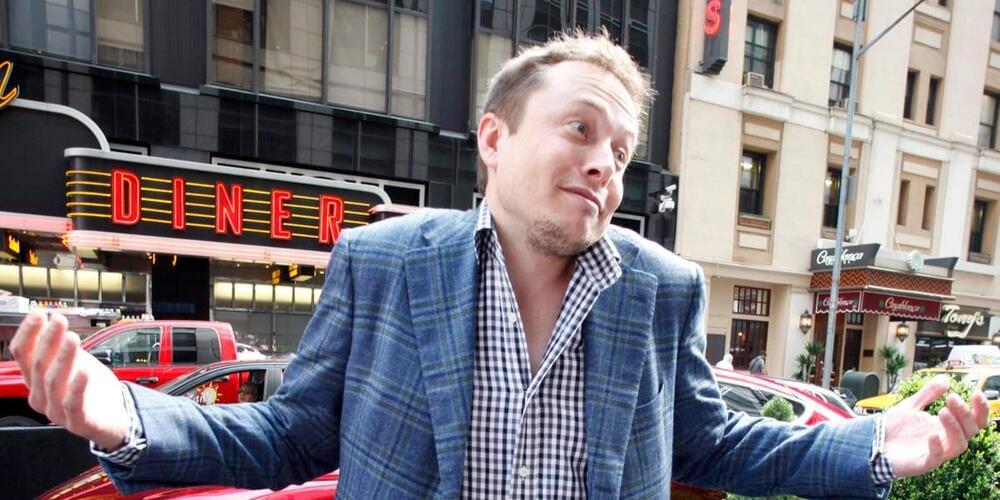
Tesla delivered upwards of 466,000 vehicles in the second quarter — 20,000 more than Wall Street’s consensus forecast of about 446,000, it revealed on Sunday. Jim Chanos waved away the strong showing on Twitter, saying it was fueled by price cuts and firmly priced into Tesla’s current valuation.
“Again, ‘blown away’ is a 4% beat on deliveries with huge price cuts? The $800B valuation might just be discounting that…$TSLA,” he tweeted about Elon Musk’s electric-vehicle company.
“Is ‘massive’ 4% for a stock at 10x revenues…? Shouldn’t a company trading at that valuation always exceed expectations? $TSLA,” the short seller wrote in a second tweet.
By now, it should not be breaking news that Tesla is boldly entering the trucking industry with the semi-truck. Elon Musk wants to leave no stone unturned in his quest to up-end industries for the better.
He is not just doing that by producing more advanced and efficient vehicles for the future, he’s also doing it with the kind of factories he builds to produce those vehicles. A factory as big as 138 football fields combined. Boardwalk with hike and biking trail.
Ecological paradise with birds in the trees, butterflies, and fish in the stream. The semi-truck is nothing like what the industry has ever seen. And that’s not even the most interesting part. Why? We will fill you in on all the details in just a sec. Let’s get right into it.
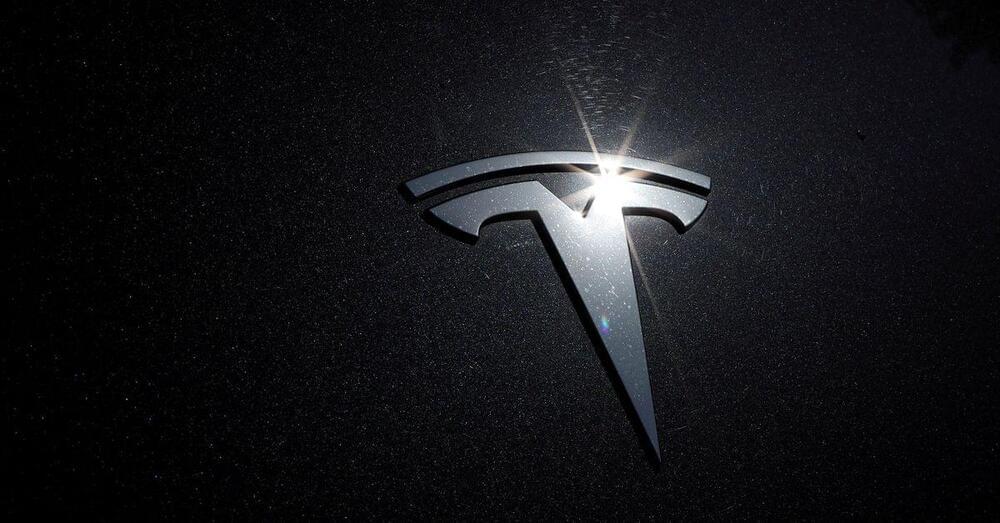
July 3 (Reuters) — Tesla (TSLA.O) shares jumped about 7% on Monday after better-than-expected quarterly deliveries showed that Chief Executive Elon Musk’s plan of boosting volumes through discounts was working.
The day’s gains lifted the top U.S. electric-vehicle manufacturer’s market capitalization by around $57 billion to $887 billion.
At $277, the stock has already more than doubled in value this year and risen far above price targets set by analysts, prompting caution from some brokerages that margins will suffer because of the aggressive discounting spree.
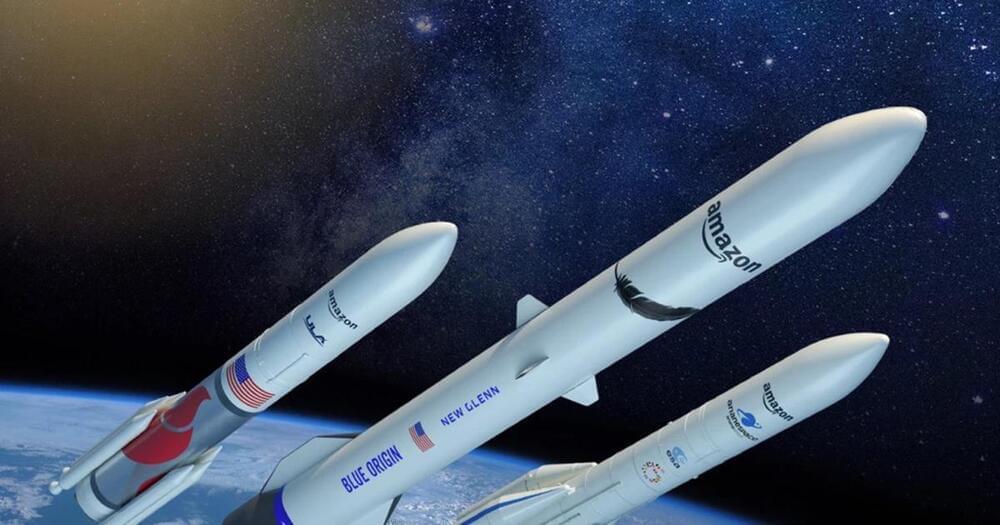
The billionaire space race is continuing to expand across the globe. Jeff Bezos-owned Blue Origin has announced plans to expand its operations to “Europe and beyond,” the Financial Times reports. Part of this growth hinges on finding a site for an international launch facility — the company has already put down roots in Texas, Washington, Florida and Alabama — but the new location hasn’t been chosen yet. It’s also actively looking for fresh acquisitions and partnerships outside of the US in areas such as manufacturing and software.
“We’re looking for anything we can do to acquire, to scale up to better serve our customers,” Bob Smith, Blue Origin CEO, said. “It’s not a function of size — rather how much it accelerates our road map of what we’re trying to get done.” Last year, Blue Origins bought New York-based Honeybee Robotics, a move that appears successful: The space-based robotics company was part of the Blue Origin team that recently received $3.4 billion to build the lunar lander for NASA’s third Artemis mission. Blue Origin’s biggest competitor, Elon Musk’s SpaceX, is handling the first and second Artemis moon landings.
Though Blue Origin was the first to launch, land and reuse a rocket successfully, it has fallen behind its rival due to hold-ups with building its launchers. Blue Origin’s plans for a more global footprint might help them catch up with SpaceX’s progress. Amazon’s Project Kuiper also plans to use Blue Origin’s rocket New Glenn for at least 12 launches between 2024 and 2029 after a few years of delays.
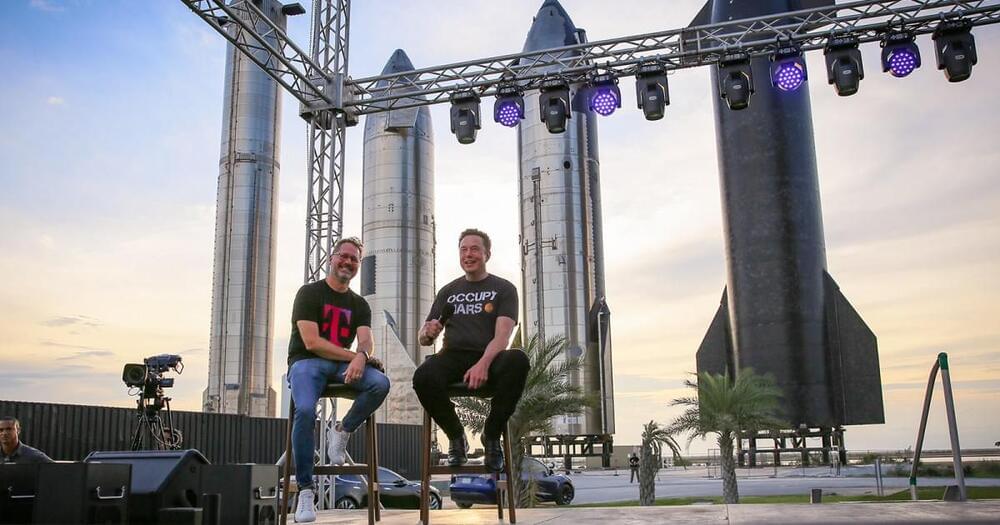
SpaceX has announced a plan to give T-Mobile customers direct access to the Starlink satellite constellation, ensuring they’ll have mobile coverage nearly everywhere in the US.
“I think this is really a massive game changer,” said SpaceX CEO Elon Musk during a live event at SpaceX’s Starbase facility in Texas. “In a nutshell, it’s no more dead zones.”
The challenge: Cell coverage is widespread in the US, but there are still more than half a million square miles — nearly twice the size of Texas — where you won’t find a signal from any carrier.
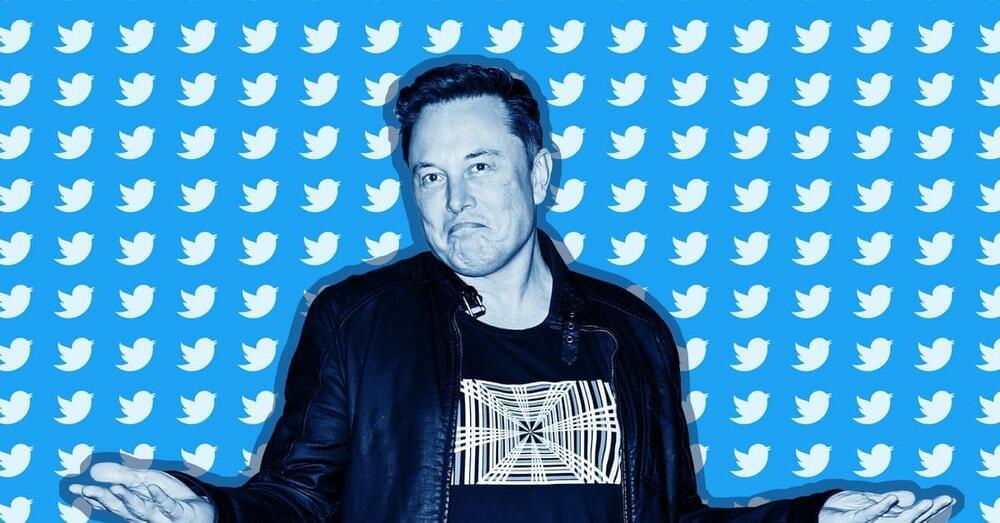
Now unverified accounts will only be able to see 600 posts per day, and for “new” unverified accounts, just 300 in a day. The limits for verified accounts (presumably whether they’re bought as a part of the Twitter Blue subscription, granted through an organization, or verification Elon forced on people like Stephen King, LeBron James, and anyone else with more than a million followers) still allow reading only a maximum of 6,000 posts per day.
Shortly after that, Musk tweeted that the rate limits would “soon” increase to 8,000 tweets for verified users, 800 for unverified, and 400 for new unverified accounts.